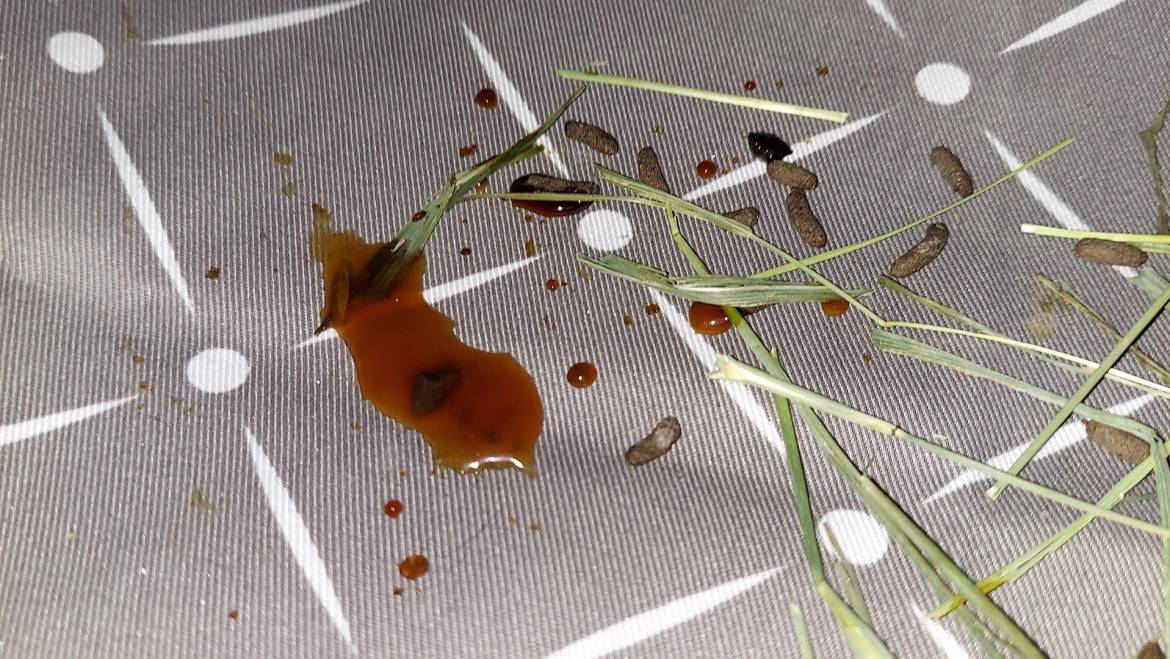As a responsible pet owner, it’s important to be aware of any potential health concerns that may arise in your chinchilla. One of the most common health issues that affect chinchillas is a Urinary Tract Infection (UTI). This article will provide an in-depth look at the causes, symptoms, and cures for UTIs in chinchillas.
What is a Urinary Tract Infection (UTI)?
A urinary tract infection is a bacterial infection that affects any part of the urinary system. In chinchillas, UTIs typically occur in the bladder and urethra. The bacteria responsible for the infection can originate from fecal matter or the environment. UTIs are common in chinchillas and can become serious if left untreated.
Causes of UTIs in Chinchillas
There are several factors that can lead to UTIs in chinchillas. Some of the most common causes include:
- Poor Hygiene: Chinchillas that are not kept in a clean environment can be more susceptible to UTIs. Dirty cages, soiled bedding, and contaminated water bottles can all contribute to the development of a UTI.
- Dehydration: Chinchillas that are not provided with adequate water are at a higher risk of developing a UTI. Dehydration can lead to concentrated urine, which increases the likelihood of bacterial growth in the urinary system.
- Diet: A chinchilla’s diet can also impact their risk of developing a UTI. A diet that is high in calcium can cause the formation of bladder stones, which can increase the risk of infection. Similarly, a diet that is low in fiber can lead to constipation, which can increase the risk of infection.
Symptoms of UTIs in Chinchillas
UTIs can be challenging to detect in chinchillas, as they are not always obvious. However, some common symptoms of a UTI in chinchillas include:
- Frequent Urination: Chinchillas with a UTI may urinate more frequently than usual, or have difficulty urinating.
- Blood in Urine: Blood in the urine is a common symptom of UTIs in chinchillas. This may appear as red, pink, or brown urine.
- Straining During Urination: Chinchillas with a UTI may experience discomfort or pain while urinating and may strain during the process.
- Lethargy: Chinchillas with a UTI may become less active and show signs of lethargy.
- Loss of Appetite: UTIs can cause a decrease in appetite and weight loss.
- Discharge: Discharge from the genitals is another symptom of a UTI in chinchillas.
Treatment for UTIs in Chinchillas
If you suspect that your chinchilla has a UTI, it’s important to seek veterinary attention immediately. Your vet will perform a physical exam and may recommend a urinalysis to confirm the presence of a UTI. Treatment for UTIs typically involves a course of antibiotics. In some cases, surgery may be required to remove bladder stones or other blockages that are contributing to the infection.
Prevention of UTIs in Chinchillas
Prevention is the best way to protect your chinchilla from UTIs. Here are some tips to help prevent UTIs in chinchillas:
- Maintain a Clean Environment: Regularly clean your chinchilla’s cage, bedding, and water bottle to reduce the risk of bacterial growth.
- Provide Plenty of Fresh Water: Make sure your chinchilla always has access to clean, fresh water to stay hydrated and flush out their urinary system.
- Feed a Balanced Diet: Ensure that your chinchilla is eating a balanced diet that is high in fiber and low in calcium to prevent bladder stone formation.
- Monitor Your Chinchilla’s Behavior: Watch for any changes in your chinchilla’s behavior, such as decreased appetite or lethargy, and seek veterinary attention if necessary.
- Consider Regular Veterinary Check-Ups: Regular check-ups with your veterinarian can help catch any potential health issues early and prevent the development of UTIs and other health concerns.
In summary, UTIs are a common health concern for chinchillas that can become serious if left untreated. Maintaining proper hygiene, providing fresh water, feeding a balanced diet, and monitoring your chinchilla’s behavior are all important steps to prevent UTIs in chinchillas. If you suspect that your chinchilla has a UTI, seek veterinary attention immediately to ensure prompt treatment and recovery.







